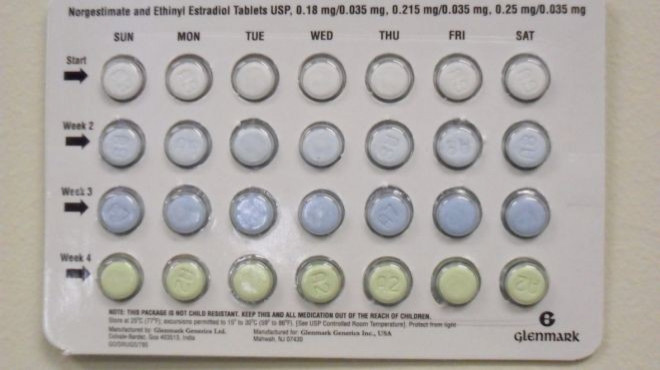Free Contraception Coverage Starts Wednesday For Many Americans

Contraception is now officially available without co-pay under the Affordable Care Act. Meaning that, beginning on Wednesday, any new insurance policies sold to individuals or employers must cover birth control pills and other contraceptives as part of a larger package of women's preventive care benefits.
But while the controversy surrounding one aspect of the health care law's contraception mandate -- specifically, whether religiously affiliated employers must comply -- has dominated headlines, many Americans may not understand how the rule will actually be implemented. Here are some facts to know about the new regulations:
- Forty seven million women will benefit from the guaranteed coverage of preventive health services, including contraception coverage, without co-pays.
- Most insurance plans will be required to offer those services at no additional cost at the next renewal date that falls on or after Aug 1, the Department of Health and Human Services reports.
- In addition to contraception coverage, women will access to other prevention-related services without a copay, including: domestic and interpersonal violence screening and counseling, breastfeeding support and counseling, HPV DNA testing, sexually transmitted infections counseling, HIV screening and counseling and gestational diabetes screening for pregnant women.
- The Affordable Care Act has already made mammograms, cholesterol screenings, and flu shots and cancer screenings available without copay or deductibles
It's still unclear as to whether the mandate applies to male-based contraceptives, such as vasectomies or condoms.
The Department of Health and Human services have specified that women's preventive services guidelines apply to women only. However, a senior public policy associate at the Guttmacher Institute told Kaiser Health News that the law's language on the issue is "unclear" and will likely be challenged.
- --
© Copyright IBTimes 2025. All rights reserved.





















